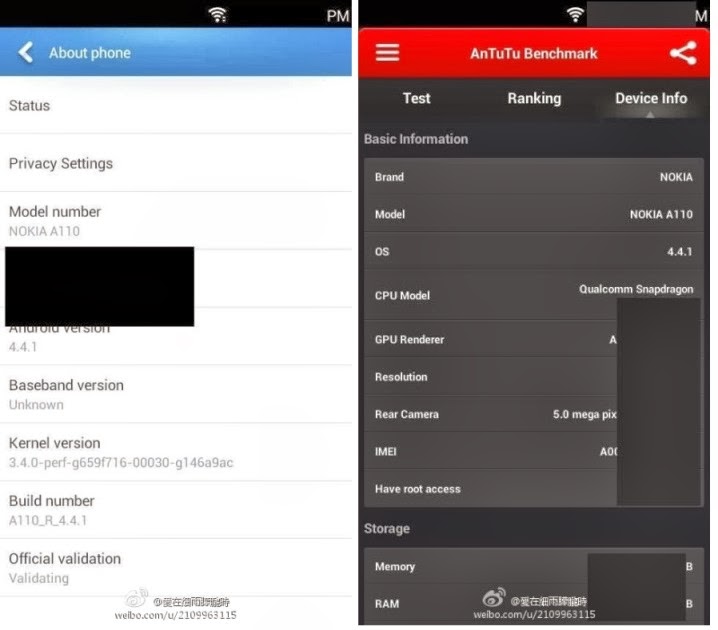Much of Android's development is done out in the open, which is how several Android developers noticed that a recent commit to the Android Open Source Project master tree would break many of your favorite root apps. This is the result of a newly implemented security feature, rather than an active effort to lock things down on Google's part.
A little over a week ago, a pair of commits were made to the AOSP master tree that essentially prevent SU from executing files stored on the /data partition. This is an issue because many (but not all) current root apps include files that are extracted to and executed from app-specific directories on this partition. As such, if these commits are not reverted, a large number of current root-enabled apps will need be updated in order to work with this new version of Android.
So if you’re an app developer responsible for creating root-enabled apps, how can you get around these changes? Well, XDA Senior Recognized Developer Chainfire has you covered with a few potential workarounds that were added to his How-To SU page. These workarounds include extracting the code and running it from RAM or rootfs, piping commands directly to SU, and so on.
Now, it’s important to keep in mind that these two commits may be reverted before the release of the next version of Android. Furthermore, if they are retained, it’s anybody’s guess as to the actual version number of this upcoming revision. That said, it’s obviously best to be safe rather than sorry so that you can save yourself and your users the hassle later.
Head over to Chainfire’s Google+ Post to learn more about the changes and what they could mean for the next version of Android. And if you’re developing a root-enabled app and you want to be sure that you are ready for these changes, be sure to check out Chainfire’s How-To SU Page.























